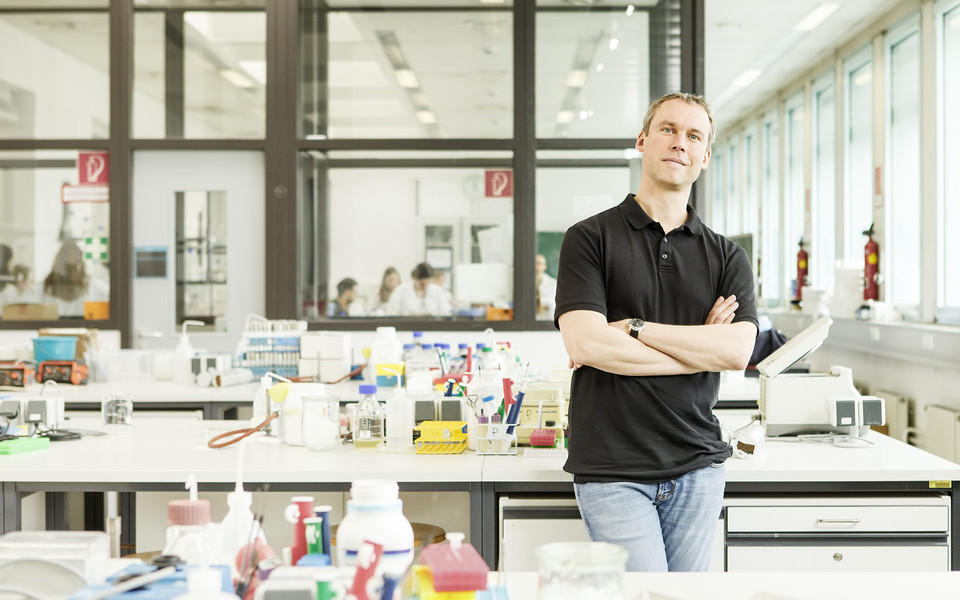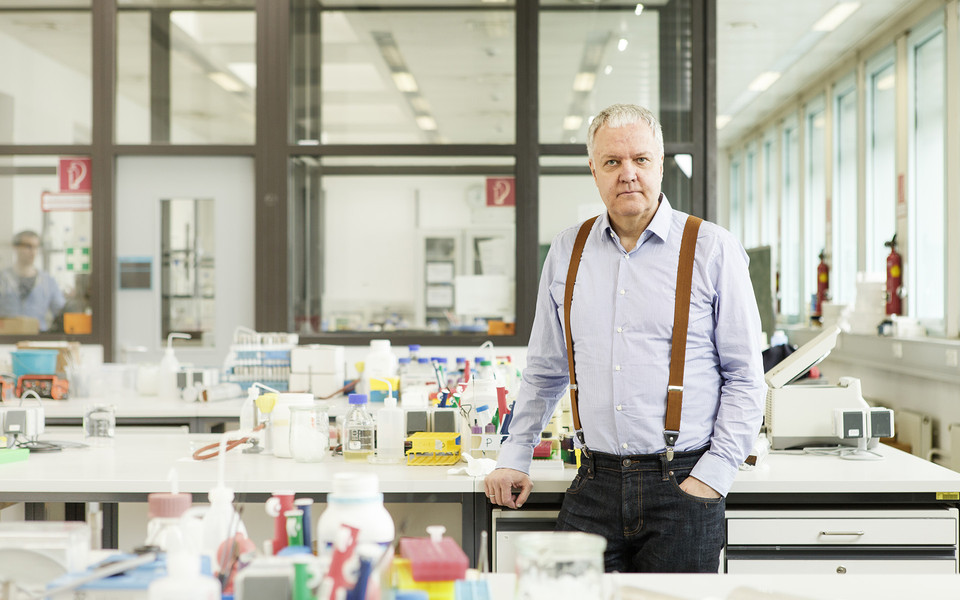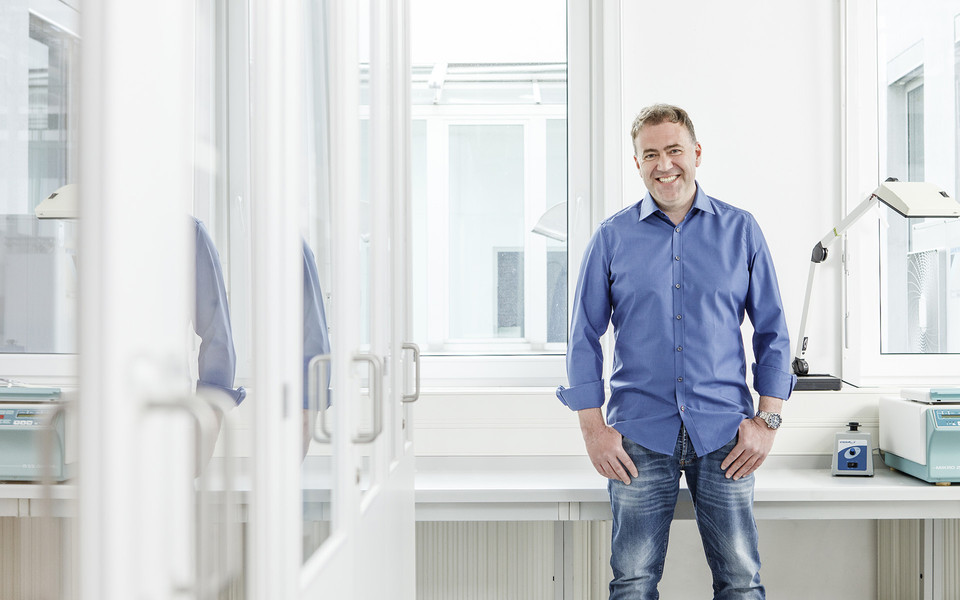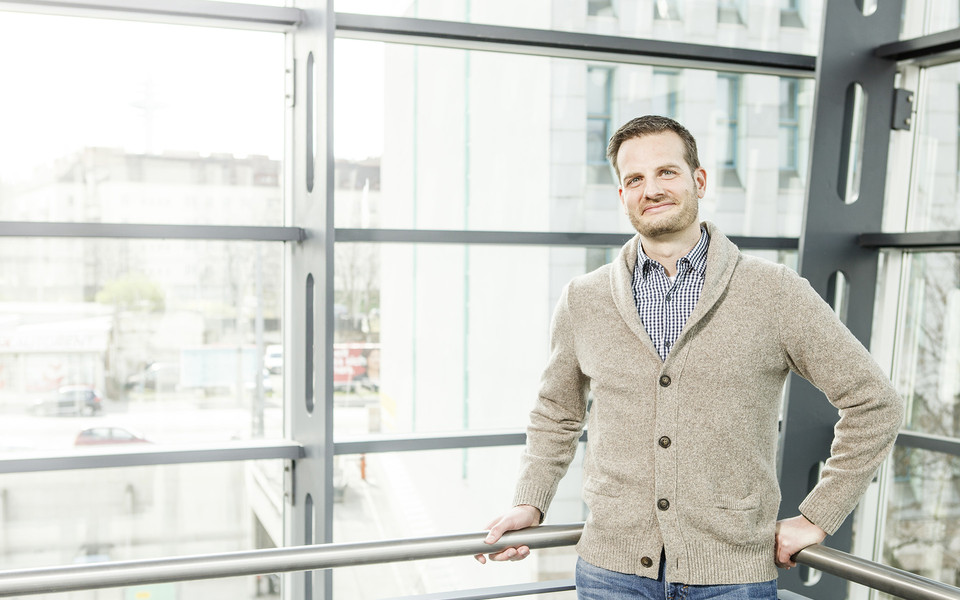





To maintain cellular function and fitness, cells need to correctly recognize and remove damaged proteins. Two major pathways for protein degradation in eukaryotic cells are the ubiquitin-proteasome system and autophagy. Both rely on ubiquitin, small molecules that are attached to proteins and thereby mark them for degradation.
The research projects of the consortium - with the contributing groups of Sascha Martens, Andreas Bachmair, Elif Karagöz, Alwin Köhler, and Gijs Versteeg from the Max Perutz labs - aim at dissecting the molecular mechanism of how ubiquitin regulates protein degradation and the crosstalk between the two pathways.
Other projects in the special research programme focus on how ubiquitin can be used to chemically reprogram the two degradation systems to target selected proteins. Taken together the interdisciplinary approach has major potential for bridging basic research with medicine: “With this approach we will gain mechanistic insight into the biomedically relevant process of protein degradation in the cell, that is involved in a variety of human diseases such as neurodegeneration and cancer”, Sascha Martens concludes.
The team also includes researchers Noelie Urban, Yasin Dagdas and Tim Clausen from Vienna BioCenter institutes IMBA, GMI and IMP, as well as researchers from the Faculty of Chemistry of the University of Vienna (Christian Becker), the CeMM (Joanna Loizou and Georg Winter), and the Institute for Molecular Biology in Mainz, Germany (Petra Beli). The consortium has evolved from the Ubiquitin Club, a network of scientists at the Vienna BioCenter, who are interested in the function of ubiquitin and other related modifiers. The SFB puts this group of scientists and Vienna on the global map of this exciting research field.
About the special research programme by the Austrian Science Fund:
Length: min. 4 years, with potential of continuation up to 8 years
Funding: approximately 5 Million € for 4 years
Involved Groups: 12 groups from 7 institutes/universities in 2 countries
Goal: establishing a highly productive, interdisciplinary research group to answer complex research questions